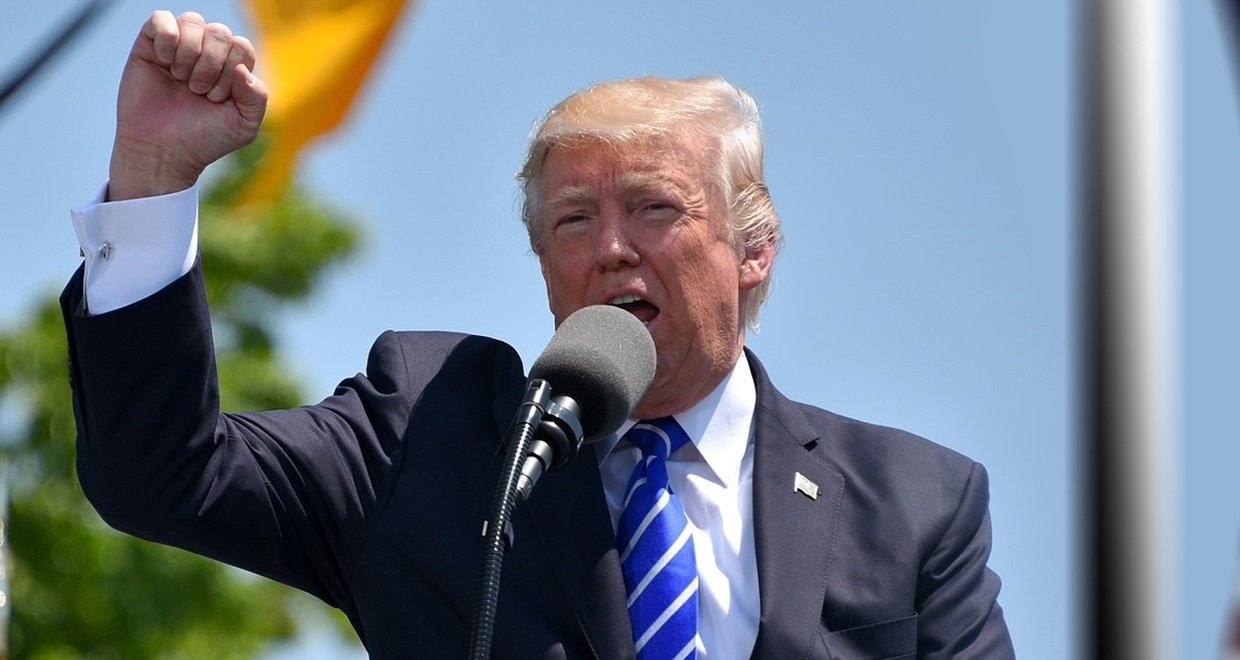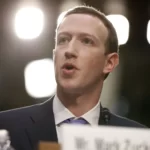Former President Donald Trump made headlines today with his remarks on Central Bank Digital Currencies (CBDCs) and Artificial Intelligence (AI), labeling them as ‘dangerous’ during a public appearance at a political rally in Miami, Florida.
Trump, known for his outspoken views on various topics, including technology and finance, expressed concerns about the potential risks associated with CBDCs and AI during his speech. He cautioned against the widespread adoption of these technologies, citing potential threats to privacy, security, and individual freedoms.
His comments on CBDCs come at a time when several countries, including China and the European Union, are actively exploring the development and implementation of digital currencies issued by central banks. Proponents argue that CBDCs could offer benefits such as increased financial inclusion, reduced transaction costs, and enhanced efficiency in payment systems. However, critics, including Trump, have raised apprehensions about the implications of CBDCs for monetary sovereignty and privacy.
In addition to his remarks on CBDCs, Trump also voiced concerns about the rise of Artificial Intelligence and its potential impact on society. He warned against the unchecked advancement of AI technology, cautioning that it could lead to job displacement, surveillance, and loss of human control over critical systems.
Trump’s stance on CBDCs and AI reflects broader debates surrounding the ethical, social, and economic implications of emerging technologies. While proponents advocate for innovation and progress, skeptics emphasize the need for robust regulation, safeguards, and ethical considerations to mitigate potential risks and ensure responsible deployment.
As the global community grapples with the challenges and opportunities presented by CBDCs, AI, and other disruptive technologies, Trump’s remarks serve as a reminder of the importance of thoughtful deliberation, informed policymaking, and public discourse in shaping the future of technology and its impact on society.
While some may dismiss Trump’s comments as politically motivated or controversial, they underscore the complexity of issues surrounding technology, governance, and individual rights in an increasingly interconnected and digitized world. As the debate unfolds, policymakers, industry leaders, and the public must work together to strike a balance between innovation and accountability in shaping the future of technology.








